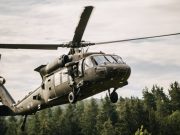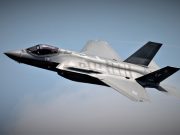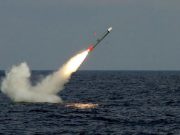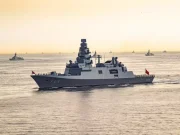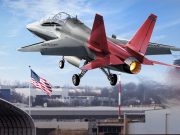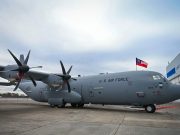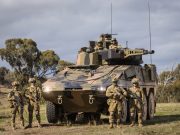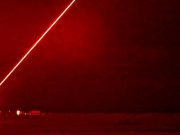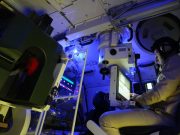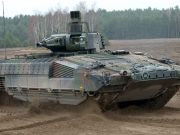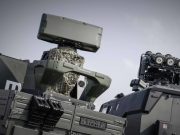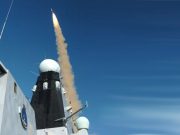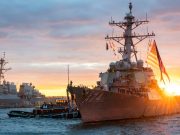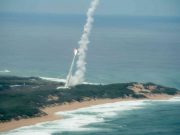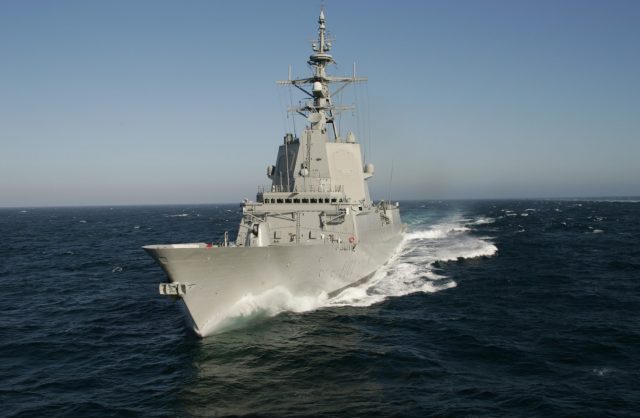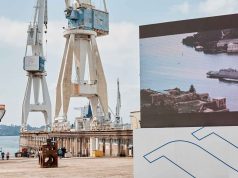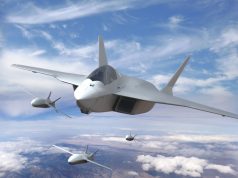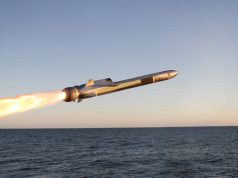The Spanish technology company Indra and the Spanish Navy’s Data Monitoring and Analysis Center (CESADAR) worked together to develop one of the first technological demonstrators in the world based on unsupervised artificial intelligence.
The system ‘learned’ how the F100 frigate and BAM patrol vessel engines work to detect deviations. According to Indra, it has successfully predicted all of the malfunctions that the vessels have had in the last five years.
This is one of the first solutions that brings what is termed ‘unsupervised’ artificial intelligence, until now restricted mainly to the field of academic research, from an experimental to a practical environment.
This type of intelligence differs from the supervised variety in that, instead of learning the procedure that should be followed to solve a given problem, the machine learns to detect the problems and applies the logical operations that any computer might employ to reach a solution by its own means, without human assistance or having to be told how to do it.
In the case of the Soprene Project, Indra engineers taught the system to understand how the engines of F100 frigates and offshore patrol vessels BAM work, providing it with an enormous amount of detail and precision.
With this information, the system was capable of detecting deviations in normal operations and predicted the engine trouble and malfunctions that the vessels had in the last five years.
To perform the tests and verify the accuracy of the results, Indra used the data records stored by the Spanish Navy’s Data Monitoring and Analysis Center (CESADAR) in Cartagena, a leading authority in Spain in the use of mechanical malfunction prediction techniques, which has promoted and led the technology side of the Soprene Project in the Spanish Navy since 2018.
What makes the system so important, according to Indra, is that it is capable of attaining results that are neither predefined or known beforehand. This allows it to learn from its successes and mistakes, as a human would, to achieve ever greater efficiency and speed.
What is more, the system is universal, meaning it can be easily adapted to monitor other systems on the aforementioned vessels or others. It also does not require the past performance records of a system to be trained. It can thus overcome one of the toughest barriers that prevent conventional artificial intelligence systems from predicting malfunctions that a newly developed vessel will experience, one that has not yet been at sea. This also includes the capability to predict engine failures that are too costly or impossible to replicate in order for a conventional system to be trained to detect them.



